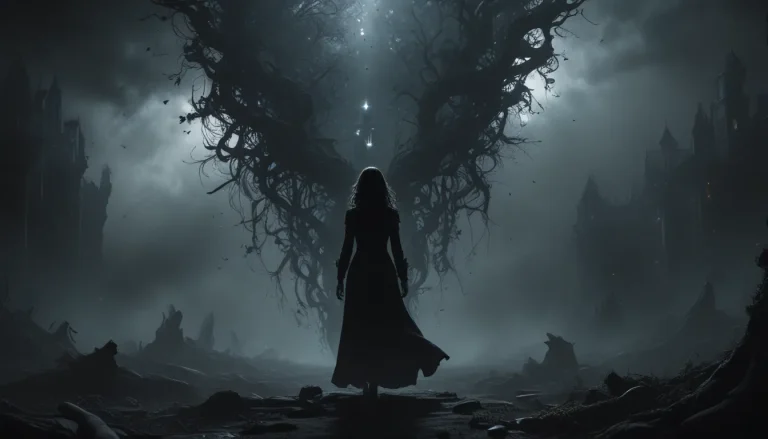Have you ever woken up from a vivid dream wondering what it could possibly mean? Dreams have long been a source of curiosity and fascination for many people. They often seem to hold a deeper significance beyond just random images and thoughts. In this blog post, we will explore the symbolism of dreams and how they can provide valuable insights into our subconscious mind.
What are Dreams?
Before delving into the symbolism of dreams, let’s first understand what dreams are. Dreams are a series of images, thoughts, emotions, and sensations that occur in the mind during sleep. They can be vivid and lifelike, or vague and fleeting. While the exact purpose of dreams is still a topic of debate among scientists and psychologists, many believe that dreams serve as a way for our subconscious mind to process emotions, memories, and experiences.
The Symbolism of Dreams
Dreams are often filled with symbols that can represent deeper meanings and insights into our psyche. These symbols can vary widely from person to person, as they are often influenced by our individual experiences, beliefs, and emotions. Here are some common symbols found in dreams and their possible meanings:
-
Water: Water in dreams can symbolize emotions, the unconscious mind, or the flow of life. Clear, calm water may represent peace and tranquility, while murky or turbulent water could indicate inner turmoil or emotional challenges.
-
Flying: Dreaming of flying can symbolize freedom, liberation, or a desire to break free from constraints. It may also represent a sense of empowerment or a need to rise above a difficult situation.
-
Animals: Animals in dreams can represent different aspects of ourselves or our emotions. For example, a lion may symbolize courage and strength, while a snake could represent deception or transformation.
-
Death: Dreaming of death does not necessarily mean a literal death, but could symbolize the end of a phase in your life, a transition, or a desire for renewal and transformation.
-
Teeth: Dreams about teeth falling out are common and can symbolize feelings of insecurity, powerlessness, or a fear of losing control. It may also indicate a need to communicate more effectively.
Interpreting Your Dreams
While the symbolism of dreams can be fascinating, it’s important to remember that the meaning of a dream is highly personal and subjective. What a symbol means to one person may be different for another. Here are some tips for interpreting your dreams:
- Keep a dream journal to track recurring themes, symbols, and emotions in your dreams.
- Pay attention to how you felt in the dream and upon waking up, as emotions can provide valuable insights into the meaning of the dream.
- Consider the context of the dream and how it relates to your current life circumstances and experiences.
- Consult with a dream therapist or psychologist if you’re struggling to understand the symbolism of your dreams.
Conclusion
Dreams are a window into our subconscious mind, offering insight into our emotions, desires, and fears. By exploring the symbolism of dreams, we can gain a deeper understanding of ourselves and uncover hidden truths about our inner world. Remember, the true meaning of a dream lies within you, so trust your instincts and intuition when interpreting your dreams. Embrace the mystery and magic of your dreams, and you may discover profound wisdom and guidance waiting to be unlocked.







